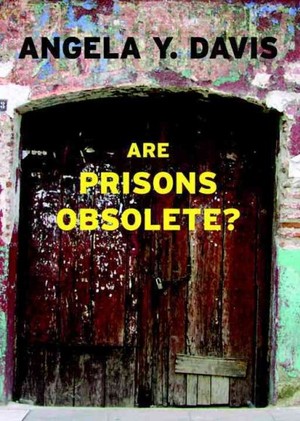By the same author(s)
Words of Fire: An Anthology of African-American Feminist Thought
Beverly Guy-Sheftall (editor), Johnnetta Betsch Cole (epilogue), Florence "Flo" Kennedy (contributor), Patricia Hill Collins (contributor), June Jordan (contributor), Michele Wallace (contributor), Pearl Cleage (contributor), Angela Yvonne Davis (contributor), Barbara Smith (contributor), and Combahee River Collective (contributor)
Occupy!: Scenes from Occupied America
Carla Blumenkranz (Editor), Keith Gessen (Editor), Mark Greif (Editor), Sarah Leonard (Editor), Sarah Resnick (Editor), Nikil Saval, Eli Schmitt, Astra Taylor, Judith Butler, Angela Yvonne Davis, Jodi Dean, Celeste Dupuy-Spencer, Zolt\xe1n Gluck, Elizabeth Gumport, Doug Henwood, Christopher Herring, Svetlana Kitto, L. A. Kauffman, Kung Li, Audrea Lim, Manissa Maharawal, Thomas Paine, Marco Roth, Marina Sitrin, Rebecca Solnit, Stephen Squibb, Sunaura Taylor, and Alex Vitale
The Case for Sanctions Against Israel
Audrea Lim, Omar Barghouti, Naomi Klein, Ilan Pappe, Slavoj Zizek, Ra'anan Alexandrowicz, Merav Amir, Hind Awwad, Mustafa Barghouthi, Dalit Baum, Joel Beinin, John Berger, Angela Yvonne Davis, Nada Elia, Marc H. Ellis, Noura Erakat, Neve Gordon, Ran Greenstein, Ronald Kasrils, Jamal Khader, and Paul Laverty
On our lists
Prisons and policing
with many suggestions taken from the excellent Prison Culture blog!
How non-transformative demands for prison reform reinforce the prison system
Liberal complicity with the growth of the mass incarceration runs deep—by refusing to acknowledge the structural transformations and reparative action needed for real political and economic equity, calls for more effective or more fair policing can in reality fuel the growth of a repressive carceral apparatus.

